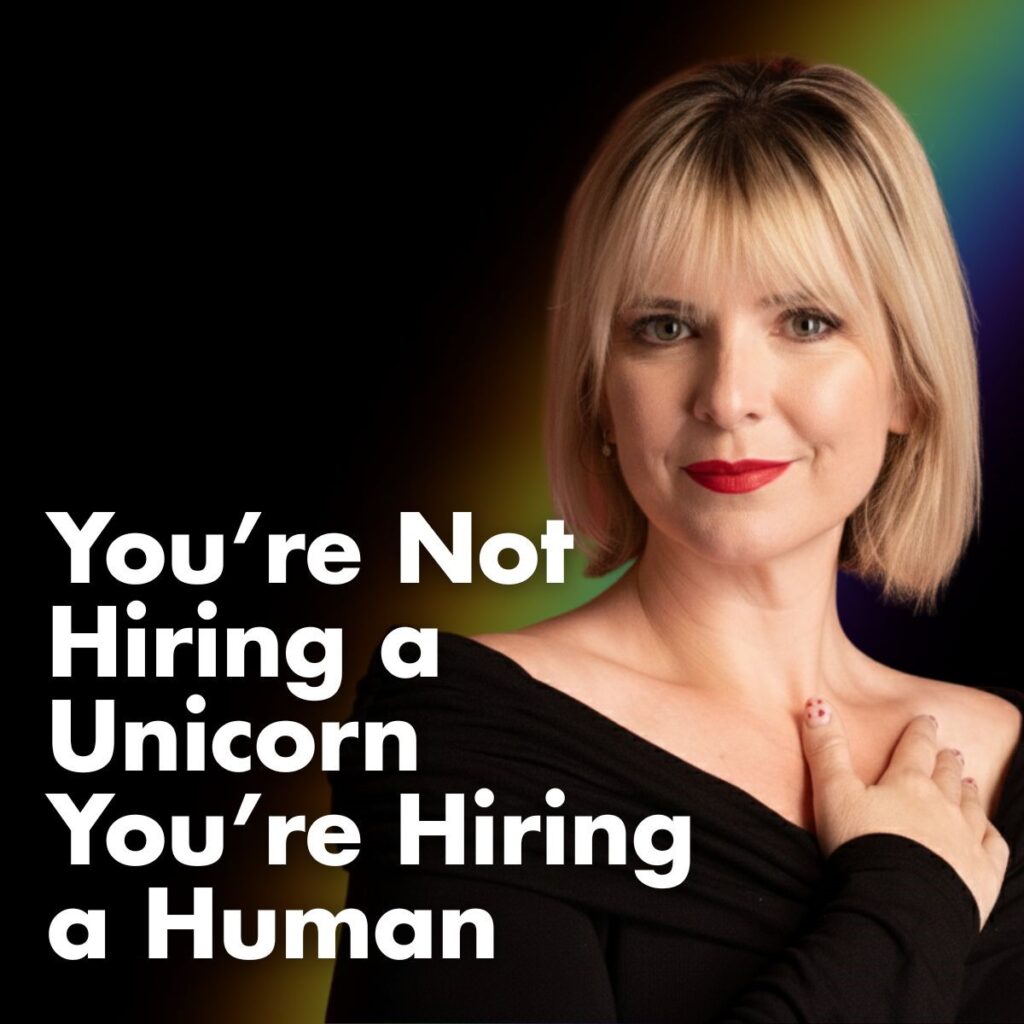If you don’t know what you really need, you’ll hire the person you like most.
I’ve read hundreds of small business job descriptions, and 95% make the same mistake: they’re more of a wishlist than a job description.
A typical one looks like this:
We want someone who can:
-
Manage the calendar
-
Write the newsletters
-
Run operations
-
Handle support
-
Think like a strategist
-
Execute like a machine
-
And work across four time zones
What’s the problem with that?
It mixes six completely different skill sets: administrative, creative, operational, technical, strategic, and customer-facing. That’s not a job. It’s a fantasy.
If someone like that existed, they’d already be running their own business, not applying to work for yours.
Here’s what to do instead:
1️⃣ Write down everything you wish this person would do.
2️⃣ Circle the three most critical things.
3️⃣ Build a role around those, not all seventeen.
Once you’ve found that person and developed a good rhythm, go back to your list, see what’s still open, and hire the next person.
Hiring isn’t about finding magic. It’s about making trade-offs and slowly building a team that can cover all the tasks you want to delegate.
Focus beats fantasy. Every time.

You Might also like
-
Clarity Isn’t Certainty. It’s Direction
Clarity Isn’t Certainty. It’s Direction
I used to think clarity meant having the answers.
Now I know it usually means asking better questions.
Most leadership breakdowns I see don’t come from bad intentions or weak talent. They come from leaders assuming everyone understands what feels obvious to them.
But clarity in your head is not clarity in the room.
Teams don’t struggle because they don’t care.
They struggle because they’re guessing.
Guessing what matters most.
Guessing how decisions are made.
Guessing which tradeoffs are acceptable.
Guessing what “good” actually looks like.
And guessing quietly erodes confidence.
The moment a leader says the obvious out loud, something changes.
People relax.
Execution speeds up.
Ownership increases.
Not because people suddenly became smarter.
But because they’re no longer operating in fog.
Strong leadership today isn’t about certainty.
It’s about orientation.
Naming priorities.
Making assumptions explicit.
Saying “this matters more than that.”
And being willing to revisit decisions as new information shows up.
If your team feels stuck, don’t push harder.
Try clarifying faster.
The question I ask most often with leadership teams is simple:
What do you know in your head that your team hasn’t heard yet?
That’s usually where the work begins. Post Views: 101
Post Views: 101 -
The Freedom Test: Can Your Business Run Without You?
I barely checked my email for the past two weeks and drastically reduced my workload. It’s summer, and I’ve been traveling through Europe. On my way to Bulgaria, I had breakfast with Janet Bell, who happened to be here as well. Janet and I have known each other for years, going back to our time in OPWIL (Office Products Women in Leadership).
Even though so much has changed around us, our connection was instant. We enjoyed coffee in the sun and talked about the changes AI is bringing to the office supply space.
That conversation reminded me of something I’ve come to appreciate deeply: as business owners, we need to build companies that can run without us. If my business can’t operate while I’m away, while I’m traveling, then it’s time to redesign the system.
Here’s what made that possible for me:
✔️ Delegation rooted in trust
✔️ Systems that carry the weight
✔️ People who show up and take ownershipIt sounds so obvious and even banal, yet it took me years to get right. And I see so many business owners who know this, yet still struggle to find the right people who allow them to let go.
This trip gave me gratitude for the freedom I’ve been able to build.
 Post Views: 463
Post Views: 463 -
When I Slow Down, I Speed Up
Think two days away from work is a luxury? I just spent two days with my Forum.
A couple of years ago, the idea of being away from work for two full days seemed ludicrous to me. I thought I had to be in the business always—leading with my sheer presence. Only when I joined Entrepreneurs’ Organization did I realize: if I’m always in my business, I never get to see it clearly from the outside.
Stepping away gives me the clarity I need to lead with focus and passion.
This time, I spent two days with my EO Latin Bridge Forum, a group of business owners from across Latin America.
How does a Bridge Forum work? We meet every few months in a different part of the world to ask ourselves the bigger questions—together and of each other.
And every time I do this, every time I step away from the day-to-day (still with a little hesitation), I discover the same truth:
-
When I slow down, I speed up.
-
When I get clear, I execute faster.
-
When I ask myself “what’s next in life?” I start moving toward what actually matters.
Doing this work together with my Forum mates makes the experience even more powerful. These two days don’t cost me momentum—they give me more of it. Because when I return to my team with clarity, that clarity becomes theirs too.
Grateful for the reflections, the honesty, and the space held by:
Stephanie Camarillo, Ashish Khera, Takeshi Nobuhara, Vinoo Varghese, Jennifer Cohen, Daniel Levy, Alejandra Leon.So let me ask you: what’s next in life for you?
 Post Views: 433
Post Views: 433 -


